It also represented fresh opportunities for businesses to take advantage of the partial opening of Iranian borders. However, with notable old sanctions maintained, various new sanctions in place, and the risk of money laundering and the financing of terrorism still high, it continues to be important to take a cautious approach when conducting business activities with Iran.
It was on 14 July 2015 that the P5+1 (United States, Russia, China, France, the United Kingdom and Germany) and Iran signed the Joint Comprehensive Plan of Action (JCPOA) agreement. Once the International Atomic Energy Agency (IAEA) verified that Iran had implemented its nuclear-related commitments, necessary steps were taken to lift the sanctions, which included, among others, financial and banking-related sanctions, certain energy sanctions, and sanctions against entities and individuals.
Yet, a number of sanctions have been kept in place, as well as new sanctions added. Notably, the trade of certain metals and software is still prohibited, there is still an arms embargo, and over 200 individuals and entities remain or have been added to the United States’ Specially Designated Nationals List (SDN List), prohibiting significant transactions with them. Licences for certain transactions can be obtained, but are granted on a case-by-case basis. These sanctions will remain in place until 2023, or until the UN Security Council receives a report from the IAEA stating that all nuclear material in Iran remains in peaceful activities.

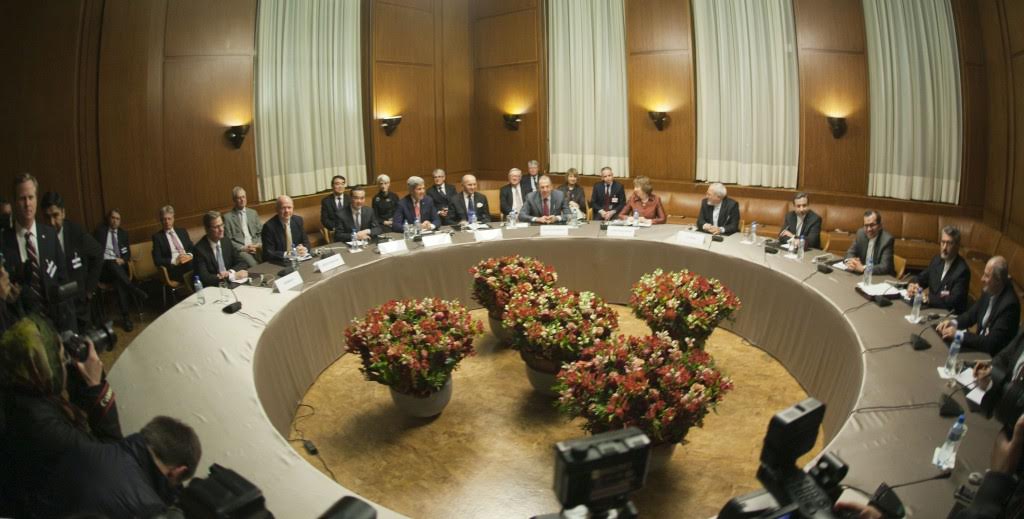



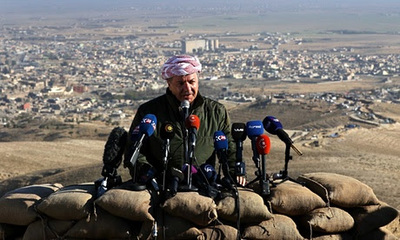
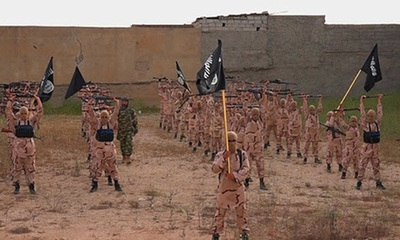




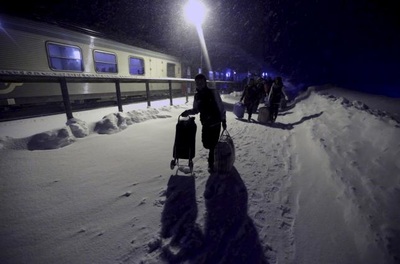


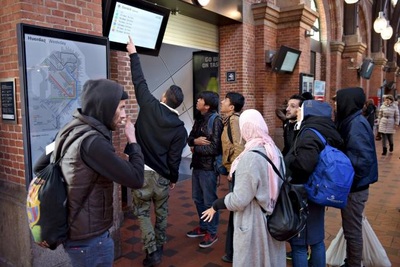
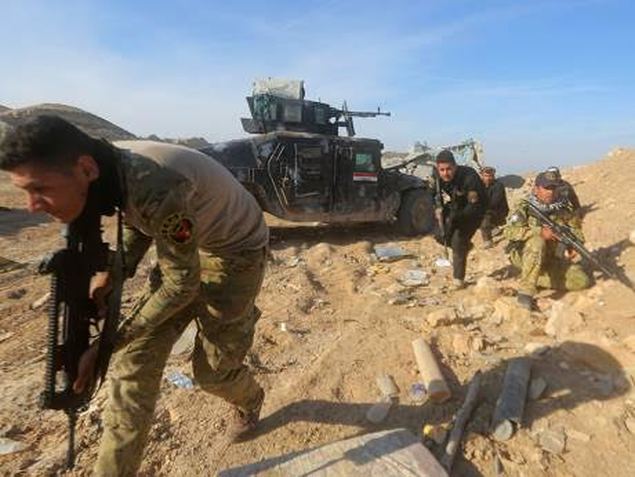
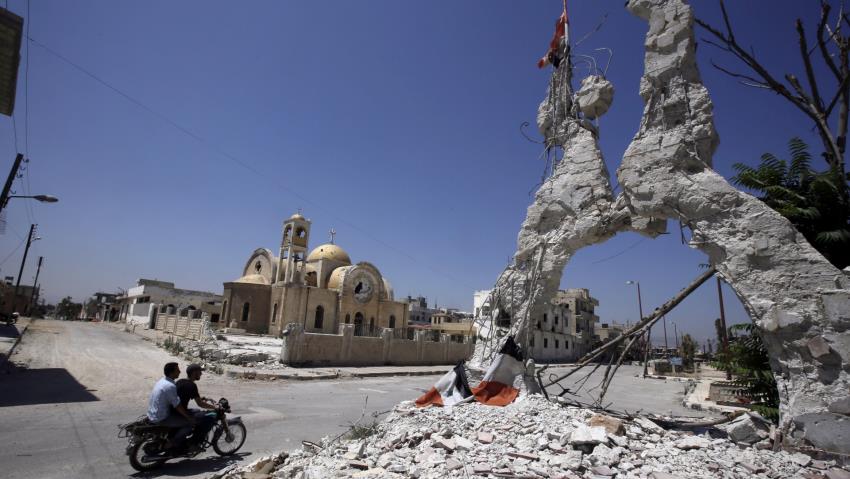
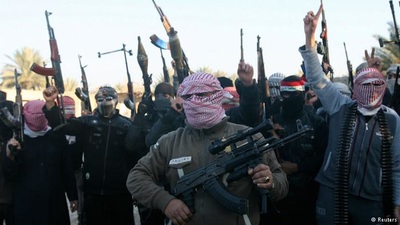
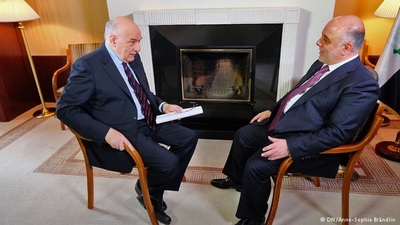
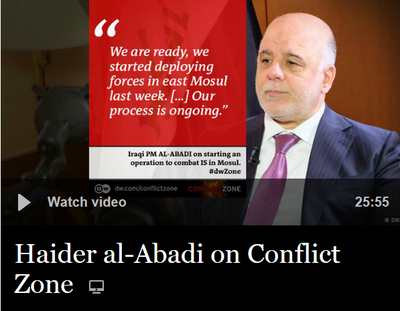
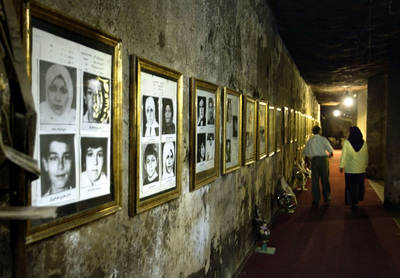

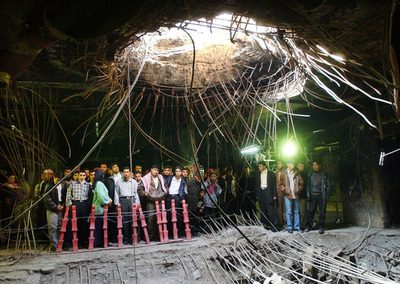

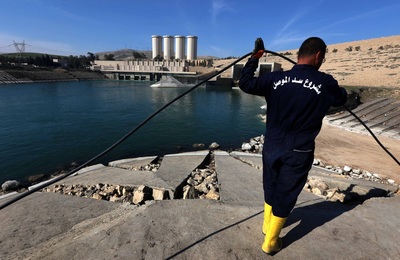

 RSS Feed
RSS Feed